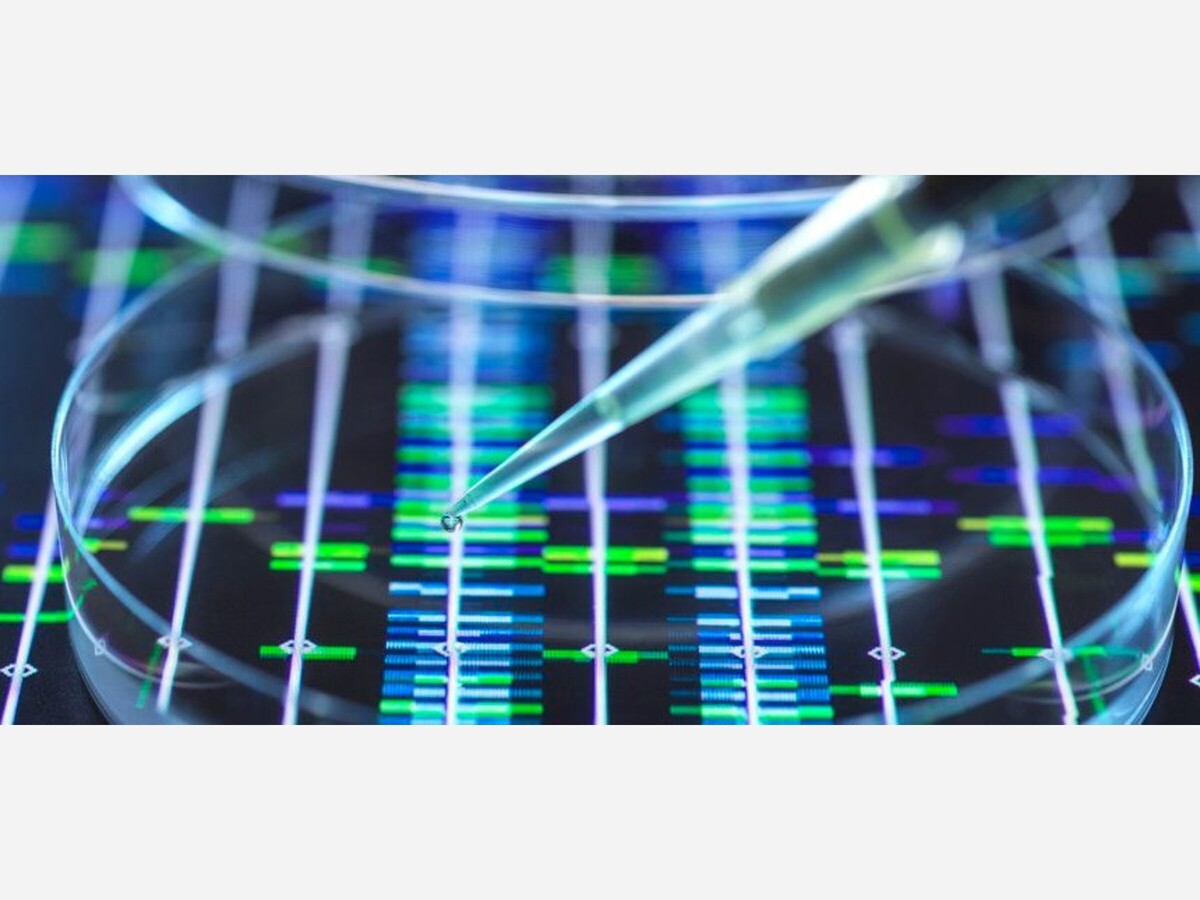Image

Maryland is on track to process a nearly 50-year-old backlog of rape kits
By Catherine Rentz, ProPublica
A new law extends the state’s sexual assault evidence protections to cover DNA samples. But getting justice in hundreds of cold cases will require more than just testing, survivors say.
This story was originally published by ProPublica.
One of the country’s oldest backlogs of untested evidence from rape exams is on track to be processed by the end of the year after new laws in Maryland put more than 1,400 cases dating back to 1977 on an expedited timetable.
As detailed in ProPublica’s 2021 series “Cold Justice,” a doctor at the Greater Baltimore Medical Center began quietly preserving physical evidence obtained during exams of rape survivors in the 1970s, believing that one day the technology would exist to be able to connect specimens to perpetrators.
Despite advancements in DNA science that proved Dr. Rudiger Breitenecker right, and despite the fact that sporadic tests of his evidence have led to the exonerations of two men and solved 80 cold cases, much of the trove has sat unused by the Baltimore County Police Department.
The old samples weren’t considered part of the state’s official backlog of untested rape kits, which are subject to legal protections and speedy processing requirements, and they were in danger of being destroyed until ProPublica exposed this gap last year, prompting a new law that brought them under the umbrella of sexual assault kits.
Now they are all at a lab, which has a contract to process them by Dec. 31, 2024.
The process will determine whether the samples match any DNA profiles logged in national police databases. Before pursuing prosecution, police may have to investigate further; the most recent charge stemming from the trove came not from a direct DNA match to an individual in the system but from a breakthrough relying on other clues that led officials to a fingerprint they had on file. They also have to track down victims, who may have since moved away from Baltimore or died.
A third of the samples have already been tested, though police won’t say what they have learned. But a new law requires them to enter all updates into a new tracking system by Dec. 31, 2025.
Since the tracking program, which covers all rape kits in the state, went live in late May, 44 survivors with new cases have logged in to check the status of their cases at least 269 times.
For survivors trying to find out more about the evidence kits that Breitenecker saved, which have not yet been entered into the system, answers have thus far been elusive. FINISH READING HERE